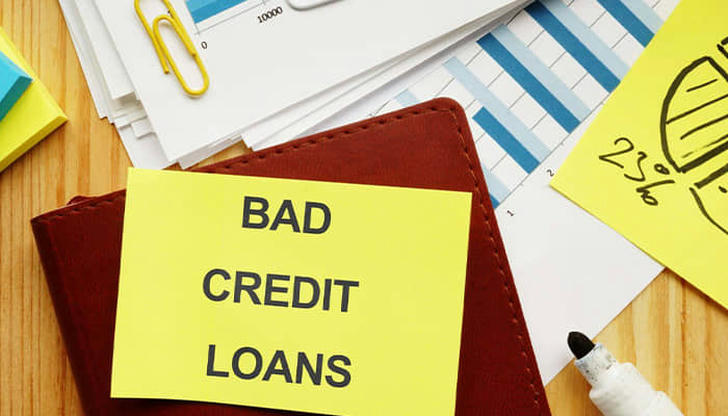High APR Bad Credit Loans: When to Say Yes and When to Say No

Bad credit loans can feel like a lifeline when you need quick cash and traditional lenders turn you down. But with the promise of fast money often comes the downside: high Annual Percentage Rates (APRs). Knowing when to accept or reject a high APR loan is key to protecting your financial health. In this article, we’ll break down the situations where these loans make sense and when you should steer clear.
Understanding High APR Loans

First, let’s clarify what high APR loans are. These loans come with interest rates well above average, sometimes exceeding 36% or more. High APR loans are common in the bad credit loan market because lenders see borrowers with low credit scores as risky. To offset this risk, they charge higher interest.
Common types of high APR bad credit loans include:
• Payday loans
• Title loans
• High-interest personal loans
While these loans might solve immediate cash flow issues, they come at a steep cost. This is why it’s essential to understand when taking out a high APR loan is a wise decision and when it could lead you into deeper debt.
When to Say Yes to High APR Loans?

Sometimes, a high APR loan might be your only or best option. Here’s when it makes sense to say yes:
Emergency Expenses If you face an urgent expense like medical bills, emergency home repairs, or car issues that prevent you from working, a high APR loan could be a necessary stopgap. In these cases, the immediate benefit outweighs the long-term cost.
Short-term Borrowing High APR loans can work if you’re confident you can repay them quickly—ideally, within a month or two. The longer the repayment period, the more you’ll pay in interest.
Avoiding Worse Consequences If taking a high APR loan helps you avoid penalties, utility shutoffs, or losing your job because you can’t get to work, it could be worth considering. Weigh the potential damage of not getting the loan against the cost of the interest.
When to say No to high APR Loans?

There are times when a high APR loan will only make things worse. Here’s when to decline:
No Clear Repayment Plan If you don’t have a strategy for repaying the loan quickly, you’re setting yourself up for trouble. High APR loans accumulate interest fast. Without a solid plan, you could fall into a cycle of borrowing just to pay off previous loans.
Non-Essential Expenses Don’t take out a high APR loan for non-urgent spending, like vacations, luxury purchases, or entertainment. The interest costs can make these items many times more expensive.
Better Options Available High APR loans should be a last resort. Explore alternatives like asking friends or family for help, negotiating with creditors for a payment plan, or seeking out low-interest credit unions.
Red Flags to Watch For

Even when you decide a high APR loan is the right choice, be aware of the signs of predatory lending. Watch out for:
• Hidden Fees: Make sure you understand all the charges upfront.
• Aggressive Terms: If the lender pressures you to take the loan or discourages questions, proceed with caution.
• Automatic Rollovers: Some payday lenders automatically renew your loan, trapping you in a cycle of debt.
Alternatives to High APR Loans

Before committing to a high APR loan, consider these options:
• Credit Union Loans: Many credit unions offer small personal loans at lower rates, even to those with less-than-perfect credit.
• Peer-to-Peer Lending: Platforms like LendingClub or Prosper may offer better rates than payday lenders.
• Paycheck Advance: Some employers provide paycheck advances as a benefit.
• Local Assistance Programs: Community organizations sometimes offer emergency financial help or low-interest loans.
Conclusion
High APR bad credit loans can be helpful but are often risky. The key is knowing when to say yes and when to say no. Use them only when you have no other choice and can repay them quickly. Always explore alternatives and read the terms carefully to avoid falling into deeper debt. Remember, protecting your financial well-being starts with informed decisions.
